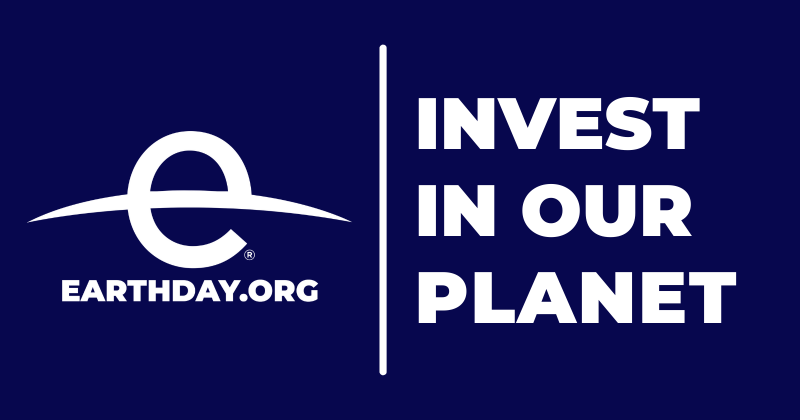Susan O'Rourke | March 11, 2022

UNC World View looks forward to celebrating Earth Day on April 22nd. The official theme, as identified by the global Earth Day coordinator EarthDay.org network, is Invest in Our Planet because “a green future is a prosperous future”.
Founded in 1970 by Senator Gaylor Nelson (D-Wisconsin) along with Congressman Pete McClosky (R-California) and Denis Hayes, an environmental activist from Wisconsin, Earth Day invited the U.S. public to:
- learn more about air and water pollution through events like teach-ins
- march in protest of agricultural and industrial practices and policies that harmed the Earth, and
- call on the government to take action to protect the environment and U.S. citizens.
The leaders, and many Americans, were inspired by Rachel Carson’s book Silent Spring and achieved bipartisan support for this movement.
Their success “led to the creation of the United States Environmental Protection Agency (EPA) and the passage of other first of their kind environmental laws, including the National Environmental Education Act, the Occupational Safety and Health Act, and the Clean Air Act.” The Clean Water Act, Endangered Species Act, and Federal Insecticide, Fungicide, and Rodenticide Act followed in their legislative footsteps.
Earth Day has continued to inspire citizens of the United States and people around the world to be stewards of the environment, particularly as climate change affects people across the globe. To get involved, find an Eart Day campaign to support or an event near you through the EarthDay.org network of events.
We encourage you to check out the following resources that will inspire students to investigate environmental sciences, agriculture, history, and policy and take action to protect our planet. We also encourage you to consider some of these best practices on “Teaching Sustainability” outlined by Vanderbilt University’s Center for Teaching to help integrate discussions of environmental science and history into your own classroom. Included is “Tips for Teaching Sustainability” which includes strategies to avoid doom and gloom and student overload, and tips for focusing on student analysis of data, deconstructing Eco-rhetoric, and embracing interdisciplinarity.
We also encourage you to sign up for UNC World View’s upcoming program, “Understanding Climate Change.” This program will take place on April 7 from 4:00 p.m. to 5:30 p.m. and will feature Prof. J. Jason West, an interdisciplinary researcher on air pollution at the Gillings School of Global Public Health, and Prof. Miyuki Hino, an environmental social scientist with the Department of City and Regional Planning at UNC-Chapel Hill. We are very excited for Prof. West and Prof. Miyuki to share their insight into how students can make informed decisions that may benefit the Earth!
Teaching Resources:
- EarthDay.org
- NC Department of Environmental Quality
- (K-12) Univ. of Michigan: Sustainability Resources for Teachers
- Covering topics including biodiversity, climate change, material use, food, and cities
- (K-12) Arizona State University: Sustainable Teachers’ Academy: Teacher Resources
- Includes bell ringers, mini debates, and life cycle analysis activities, as well as lessons on topics including eco footprints, food systems, and zero food waste
- (K-12) Earth Science Week: Educational Resources
- (3-12 + CC) NOAA (National Oceanic and Atmospheric Association): Teaching Climate
- Includes activities on topics including thermal expansion of water, algal biofuels, and the carbon cycle
- (K-12) Office of Energy Efficiency and Renewable Energy: Education Resources
- PBS: The Modern Environmental Movement
- EPA: Milestones in EPA and Environmental History
- Project Learning Tree: Earth Day 2022 Resources
